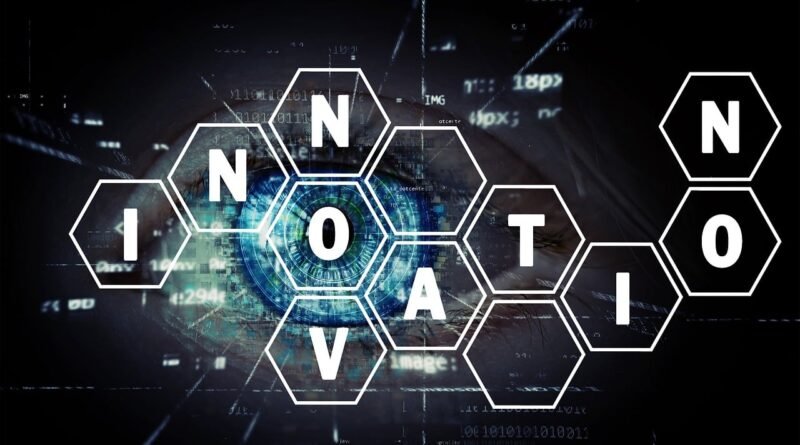Microsoft Unveils “Windows AI OS”: A New Era for the Operating System Has Begun
💡 Introduction
In a historic announcement that could redefine how we interact with our computers, Microsoft has officially launched Windows AI OS, a next-generation operating system designed from the ground up with AI-first architecture.
Not just a feature upgrade, this is a paradigm shift — combining the stability of Windows with the intelligence of AI copilots, adaptive UIs, and deep cloud integration. Experts are already calling it “the biggest leap since Windows 95.”
🧠 What Is Windows AI OS?
Windows AI OS is not just Windows 11 with AI widgets. It’s a reengineered operating system built with native AI integration at the core.
Key features include:
- AI Shell: A context-aware interface that evolves based on user habits and workflows.
- Copilot Everywhere: The Microsoft Copilot assistant is now embedded into every layer — from file management to Photoshop.
- Predictive UX: The OS can auto-suggest actions like compressing files before sharing or highlighting text for grammar fixes in real-time.
- Neural Acceleration: Optimized for local neural processors (NPUs), making real-time AI tasks faster without cloud dependence.
It feels less like an operating system and more like an intelligent assistant that runs your entire digital life.
🛠️ For Developers and Power Users
Windows AI OS comes with an AI Developer Mode that unlocks a powerful toolkit:
- Built-in support for ONNX, TensorFlow Lite, and PyTorch
- Integrated AI App Studio for building Copilot-powered applications
- A new API layer to plug in your own AI models or LLM endpoints
- AI Task Manager showing real-time usage of NPU, GPU, and cloud inference
For developers, this means creating AI-native apps is now as easy as building mobile apps was in 2010.
🌐 Cloud Synergy and Azure Integration
Microsoft is positioning Windows AI OS as the front-end of the Azure AI Cloud. With a connected Microsoft account, users can:
- Sync personalized AI profiles across devices
- Access cloud-trained models with local fallback
- Seamlessly use Office 365 with enhanced AI functionality (e.g., auto-generated slides, meeting summaries, real-time Excel suggestions)
This tight integration may give Microsoft an edge over Apple and Google in enterprise and productivity markets.
🖥️ Device Ecosystem: Windows AI PCs Are Here
To support the OS, Microsoft has launched a new line of Windows AI PCs with built-in NPUs, developed in partnership with Intel, AMD, and Qualcomm.
Highlights:
- Boot time under 5 seconds
- Real-time speech-to-text and translation
- AI-enhanced battery optimization
- Local AI inferencing for privacy-focused users
Dell, HP, and Lenovo are already taking pre-orders, targeting professionals, creators, and enterprises.
🛡️ Security and Privacy
Given growing concerns around AI surveillance, Microsoft is emphasizing “Responsible AI”:
- No model data is shared without consent
- All Copilot prompts are encrypted end-to-end
- Offline inferencing is the default for sensitive apps
- Users can monitor AI decisions via a new Transparency Dashboard
This focus could help Microsoft avoid the regulatory heat many AI companies are currently facing in the EU and India.
📊 Industry Impact
Windows AI OS may:
- Shift enterprises away from traditional OS and app workflows
- Force software vendors to reimagine products with AI-first UX
- Push Apple and Google to accelerate their own AI OS projects
- Inspire developers to build next-gen productivity and automation tools
Satya Nadella stated:
“We’re not just building an operating system — we’re redefining the human-machine relationship.”
📝 Editor’s Note
Microsoft’s Windows AI OS marks a historic moment. Not just in IT, but in how we think about computing itself. It’s the first major OS where AI is not a feature — it’s the foundation.
The question is no longer if AI will power your PC. It’s how much intelligence you’re ready to welcome into your everyday workflows.
✅ Key Takeaways
- Windows AI OS is a completely reimagined operating system with AI at its core.
- Features include an AI Shell, deep Copilot integration, and adaptive UI.
- Aimed at developers, enterprises, and power users — with new AI-optimized hardware.
- Strong focus on security, privacy, and cloud-AI synergy.
- Could change the trajectory of desktop computing for the next decade.

